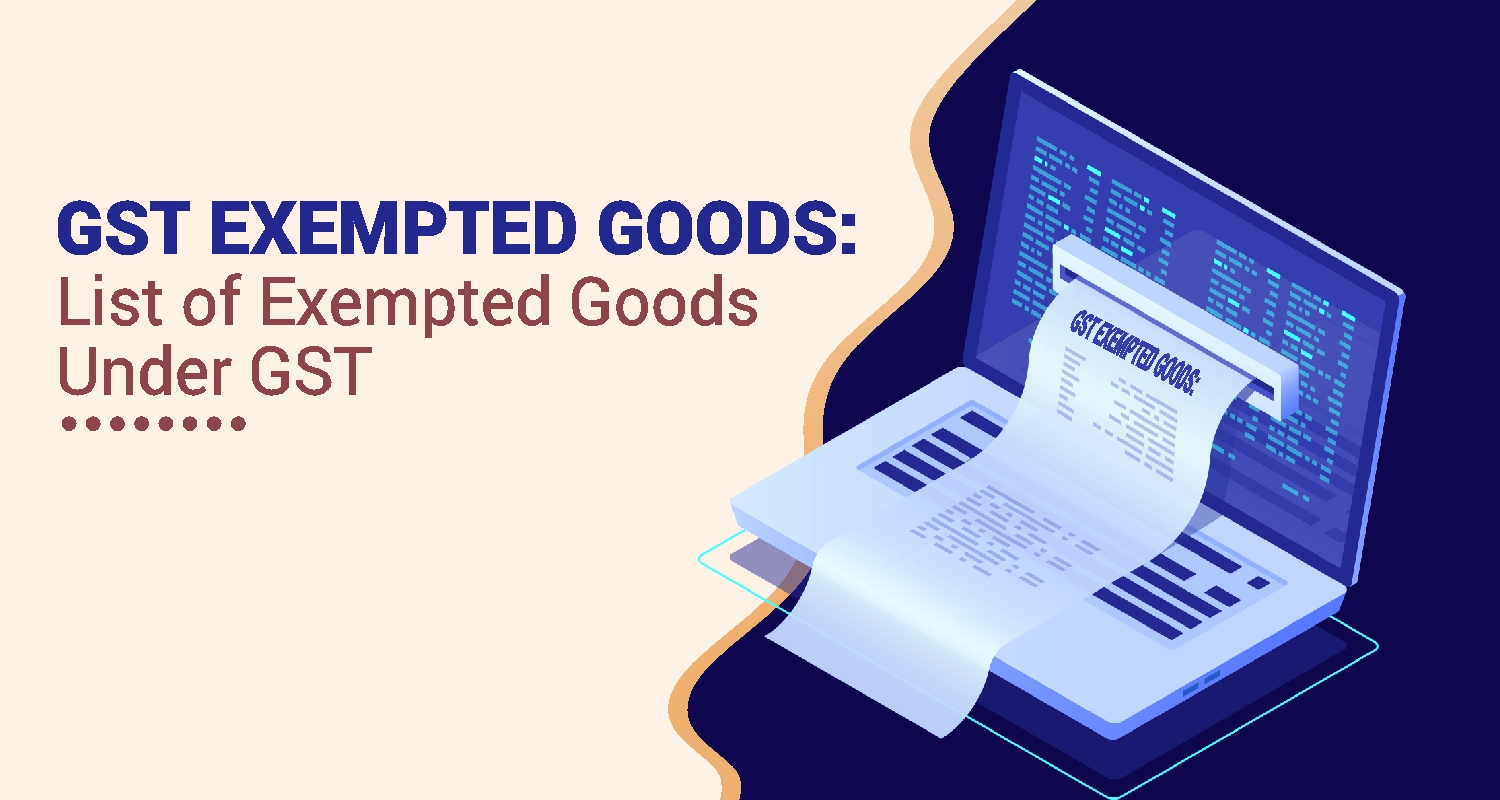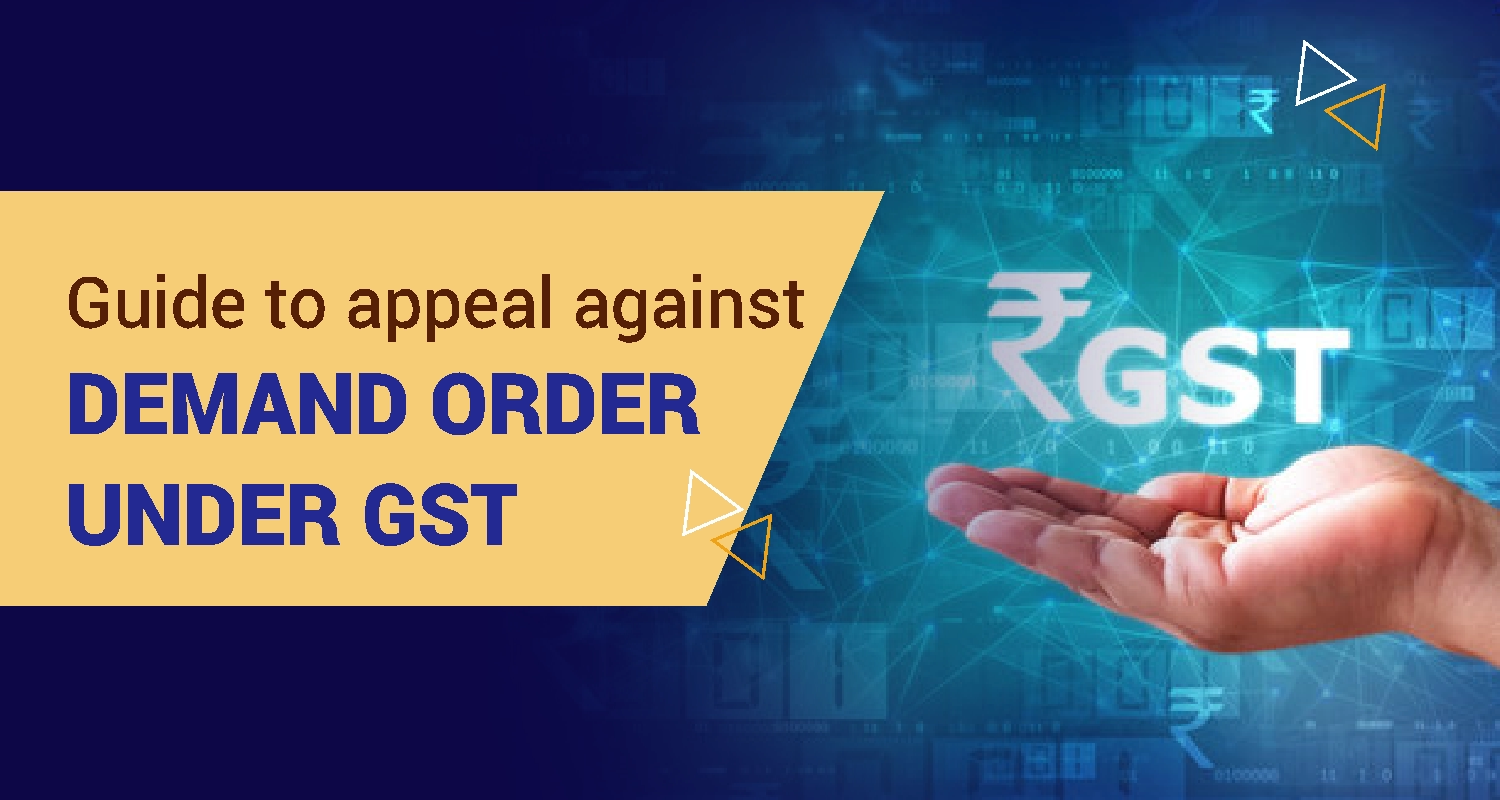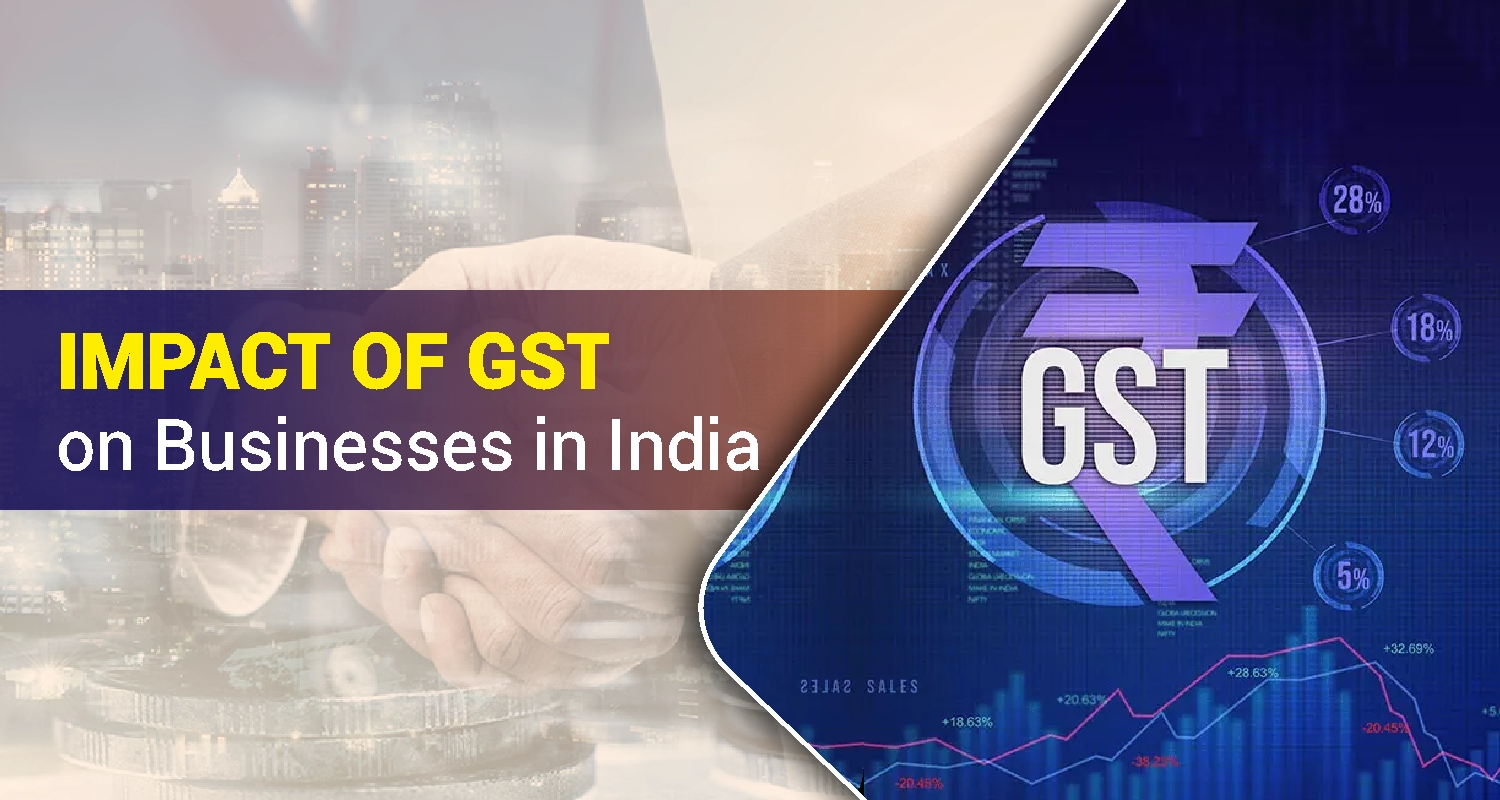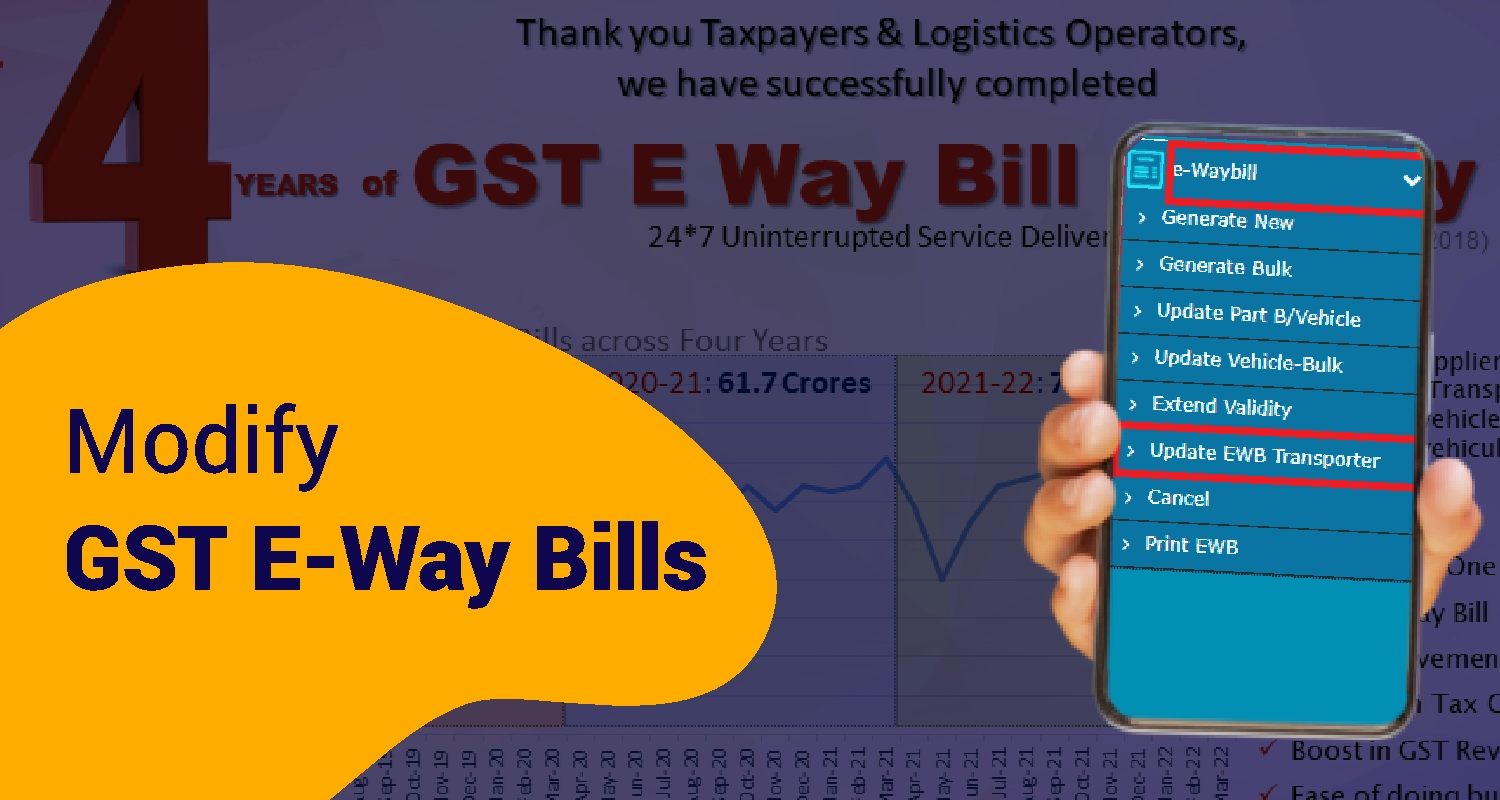Professional Tax: Everything You Need to Know
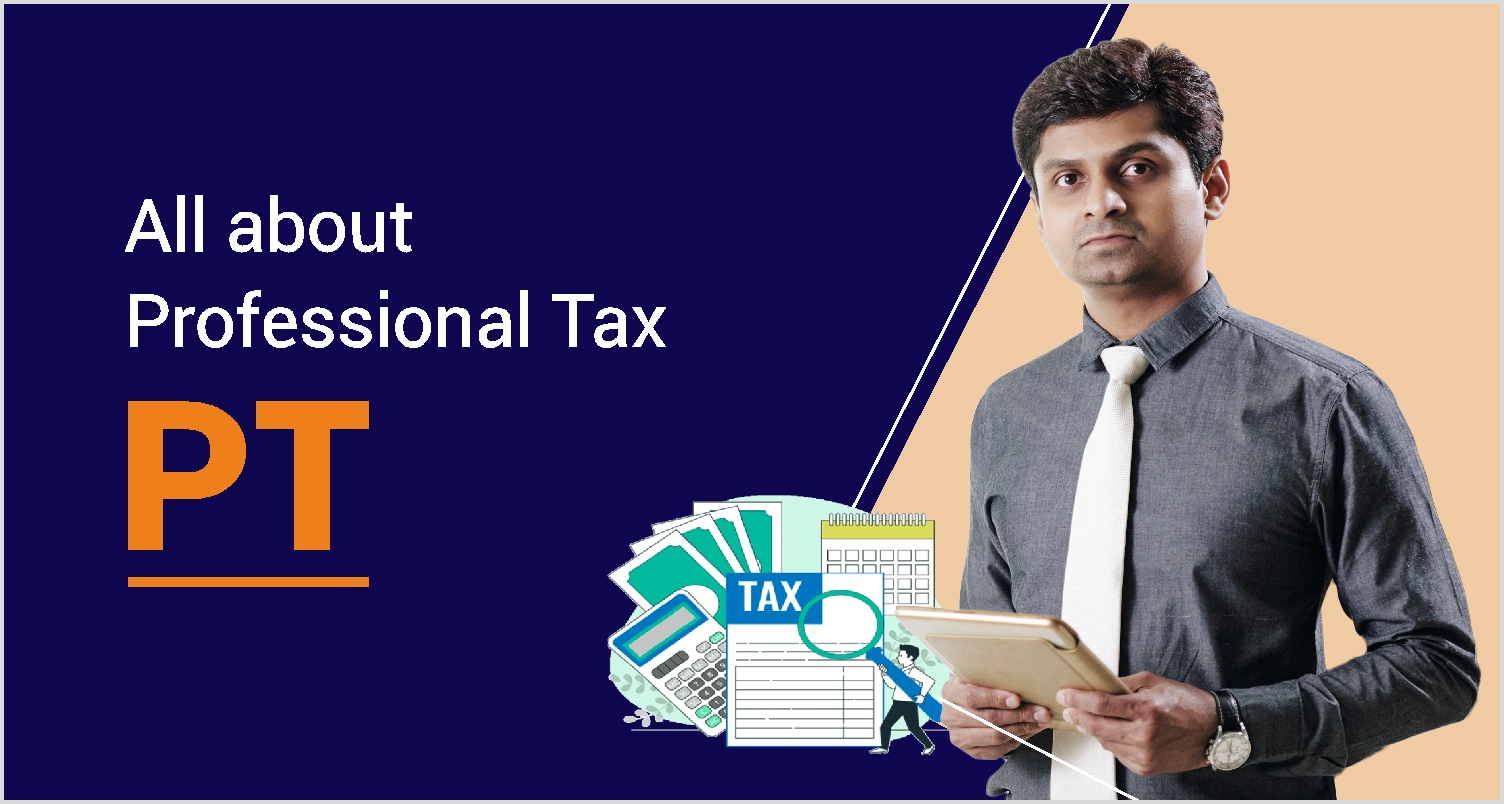
You may be aware that professionals and businesses must pay a state-level tax known as Professional Tax (PT), which is separate from income tax. You may find all this daunting as it involves so much paperwork, yet it is not very complex. It is crucial for compliance for working professionals, salaried individuals, and business owners in many Indian states. This blog will demystify and explain what professional tax is and also how to file a professional tax return and unravel everything you need to know about it. Let us break down these tax details into more straightforward steps to understand.
What is Professional Tax?
A state government levies a professional tax on all individuals who earn a living through any medium. Professional tax is imposed on employees, business owners, freelancers, and professionals. The experienced tax differs from state to state but does not exceed Rs 2500.
Who is Liable to Pay Professional Tax?
The following are liable to pay Professional Tax:
- Salary or wage holders
- Employers need to pay taxes as they are responsible for deducting and paying professionals.
- Members of HUFs (Hindu Undivided Families)
- Earning individuals residing within boundaries -
- Public or private limited company, any cooperative society, an association, etc.
Who collects Professional Tax?
From monthly salaries, employers collect Professional tax and the Commercial Tax Department. Employers then file a professional tax return to remit the professional tax to the government. If they fail to pay the tax, they can be penalized for not collecting or failing to pay the professional tax. You are liable to pay the professional tax yourself if you are not working for anyone.
Professionals who do not work with an employer can register by applying through a form. The individual gets a registration number, and you can pay the professional tax using these numbers. The government gives rebates on taxes in some states, so it's worth finding out the rules of PT in your state.
What is the professional tax rate?
The state government levies Professional tax across states. Every state has laws and regulations governing the professional tax of that particular state. All the states in India follow a slab system based on income to levy professional tax.
Article 276 of the Constitution, which empowers the state government to levy professional tax, provides a maximum cap of Rs.2,500, beyond which professional tax cannot be charged to anyone.
The professional taxes of Maharastra, Karnataka, and West Bengal are given below:
Professional tax rate slabs in Maharashtra are as follows:
|
Monthly salary (in Rs.) |
Tax (in Rs Per month) |
|
Up to Rs.7,500 for men |
Nil |
|
Up to Rs.10,000 for women |
Nil |
|
Rs.7,501 to Rs.10,000 |
Rs 175 |
|
Rs 10,000 and above |
Rs 200 for a period of 12 months and Rs 300 for the last month |
Sapna aapka. Business Loan Humara.
Apply NowDue Date for Professional Tax Payment in Maharashtra
The professional tax payment deadline is decided by the enrollment date in Maharashtra. Organizations that sign up before May 31 of a given fiscal year must pay Professional Tax by June 30 of that same year. Organizations that enroll after May 31 of a given fiscal year must pay Professional Tax within one month of the enrollment date.
Employers who fail to pay professional tax on time or postpone doing so must pay 2% monthly interest on the total amount owed.
Professional Tax in Karnataka
|
Monthly salary (in Rs.) |
Tax (in Rs. Per month |
|
Up to Rs 14,999 |
Nil) |
|
More than 15,000 |
Rs 200 |
Due Date and Penalty for Paying Professional Tax in Karnataka
Each year, all employers and businesses in Karnataka must pay professional tax with enrollment certificates by the tax payment deadline of April 30, or they must pay a late payment penalty of 1.25% per month.
Professional Tax in West Bengal
Professional tax rate slabs in West Bengal are as follows:
|
Monthly salary (in Rs.) |
Tax (in Rs per month) |
|
Up to Rs.10,000 |
Nil |
|
Rs.10,001 to Rs.15,000 |
Rs. 110 |
|
Rs.15,001 to Rs.25,000 |
Rs. 130 |
|
Rs.25,001 to Rs.40,000 |
Rs 150 |
|
More than Rs, 40,000 |
Rs. 200 |
Due Date and Penalty for Professional Tax Payment in West Bengal
In West Bengal, enrolled individuals must pay the professional tax online by July 31 of each fiscal year or earlier. Registered employers, however, are required to pay a monthly fee. The West Bengal State Government fines people and businesses if they delay paying professional tax or do not file a professional tax return within 90 days of the eligibility date.
Concerned people/companies must pay interest at a monthly rate of 1% on unpaid tax due to late payment.
Why is Professional Tax different for different States?
Here are some reasons to explain:
- The professional tax is deducted based on the slabs according to each state. In some states and union territories, professional tax is not charged.
The annual professional tax is due in 12 equal installments, except in February, when the tax is higher than in the other months.
- There may also be situations where sources of income falling under different sectors are liable for a separate tax.
For example, in some states, a person running a business in the transport sector may be required to pay a professional tax of about Rs.50 per annum for each vehicle owned. The tax may be subject to a cap of Rs.1,000 per annum.
Who is exempted from Professional Tax?
The individuals mentioned below need not pay Professional Tax:
- Individuals who teach classes up to twelfth standard in educational institutions.
- Individuals in the Central Para Military Force (CPMF).
- An individual with a single child who has undergone a sterilization operation must submit the relevant documents.
- Any ex-serviceman who comes under SI No.1 (Schedule)
- Any disabled individual who has at least a 40% disability has to submit the relevant certificate.
- Individuals with a permit for a single three-wheeler or a single taxi need to avoid paying PT.
- PT is exempted from deaf, dumb, and blind individuals who are earning a salary
- Civilian non-combatants and combatant members who are part of the Armed Forces, as long as the Army Act governs, the Armed Forces need not pay PT.
- Foreign technicians who the state has employed have a tax exemption
- No PT needs to be paid for philanthropic and charitable hospitals present in places below the taluk level.
How do you fill in the Professional Tax Application form?
The following are the steps to fill out the professional tax application form:
- To fill out the Professional tax application, visit the official website http://pt.kar.nic.in
- Select Enrolment Application, which is on the left-hand side of the page.
- If you are paying professional tax for the first time, select ‘New’
- If you have filed tax returns earlier, select Enrolled.'
- Enter the required details: financial year, professional tax office, return type, business status, and person class.
- Then click on 'Next.'
- You can pay through credit card, debit card, or net banking.
- Download the receipt after making the payment.
- After registering for professional tax, you must file periodic professional taxreturns, ensuring all dues are cleared and that you remain compliant with state regulations. The experienced tax return filing process is simple, and employers are responsible for deducting and ensuring PT returns for their employees.
What are the benefits of paying professional tax registration?
1. Imposes Less Restriction
Paying PT has minimal compliance requirements, and the process is straightforward.
2. Prompt process
Professional Tax payment on time ensures compliance with the law. It avoids penalties, helping employers and employees maintain a clean financial record.
3. Simple registration
The professional tax has simple procedures for registration, and other follow-ups and proceedings are also easy to compile.
4. Enforcing Welfare & Development Programs
The Professional Tax is revenue for the State Government, which assists with the welfare and development of the state.
5. Professional help
You can take the help of a tax professional for the process and not be worried.
6. Can Claim Deduction
Employers and employees can claim a deduction for the professional tax they have paid earlier as reflected in the professional tax filing or return submitted to the state government.
Can professional tax be claimed as a deduction while filing an Income Tax Return (ITR)?
Professional tax in ITR is claimed as a deduction to reduce taxable income. The employer usually deducts the professional tax for salaried individuals, which is reflected in Form 16 under the 'Deductions' section. You can then report this amount under Section 16 while filing your Income Tax Return.
If there is a violation of Professional Tax regulation, what are the consequences?
The consequences of violating professional tax regulations are given below:
- Once the professional tax legislation becomes applicable, not registering for professional tax may result in a penalty, the actual amount of which depends on the respective state's legislation.
- There are also penalties for failing to pay and completing the PT return filing within the specified due date. For example, the penalty for late registration is Rs 5 per day in Maharashtra.
Conclusion
You must pay professional tax if you are earning an income. You need to understand the significance of PT and its implications, filing procedures, and benefits. Filing ITR and professional tax returns can help simplify financial management and avoid penalties. Experienced tax rules differ across states, so being updated about your state’s regulations is essential. You can adhere to the legal requirements by paying PT on time, which contributes to the welfare and development of the state. The key to effective compliance and financial well-being is staying informed.
FAQs
1. Why do we need professional tax?
Ans. The Commercial Taxes Department of State Governments levied and collected professional tax. Collection of Professional tax is a revenue for the state government and chelps in its welfare and development. In some states, particularly municipal corporations and most Indian states, this tax is collected.
2. Which states are not applicable for professional tax?
Ans. A state government tax imposes a Professional Tax on anyone who makes money from any profession, trade, or job. Not every state imposes this tax. The states that do not impose this tax are Arunachal Pradesh, Rajasthan, and Haryana.
3. Is professional tax refundable?
Ans. While professional tax isn't refundable under Indian income tax law, it can be claimed as a deduction to reduce taxable income. If the tax deducted at source (TDS) or advance tax you paid exceeds your overall tax liability after claiming deductions, you can receive a tax refund.
4. What is PT in the payslip?
Ans. If you look at your payslips, you will notice that a minor deduction and all the HRA, conveyance, and basic salary breakups are mentioned. The deduction is generally around INR 200 and is called the professional tax.
Sapna aapka. Business Loan Humara.
Apply NowDisclaimer : The information in this blog is for general purposes only and may change without notice. It does not constitute legal, tax, or financial advice. Readers should seek professional guidance and make decisions at their own discretion. IIFL Finance is not liable for any reliance on this content. Read more
